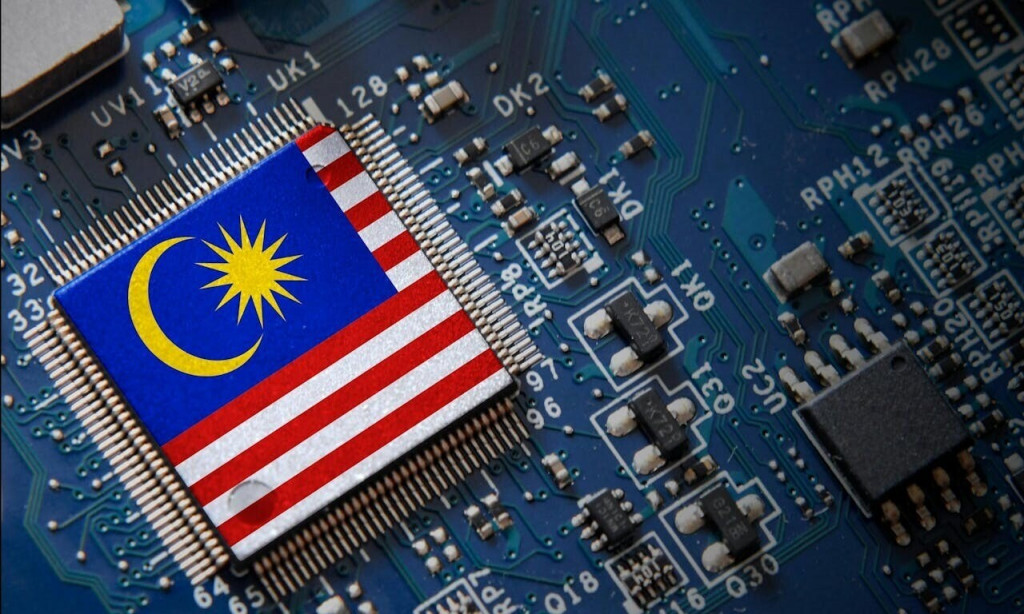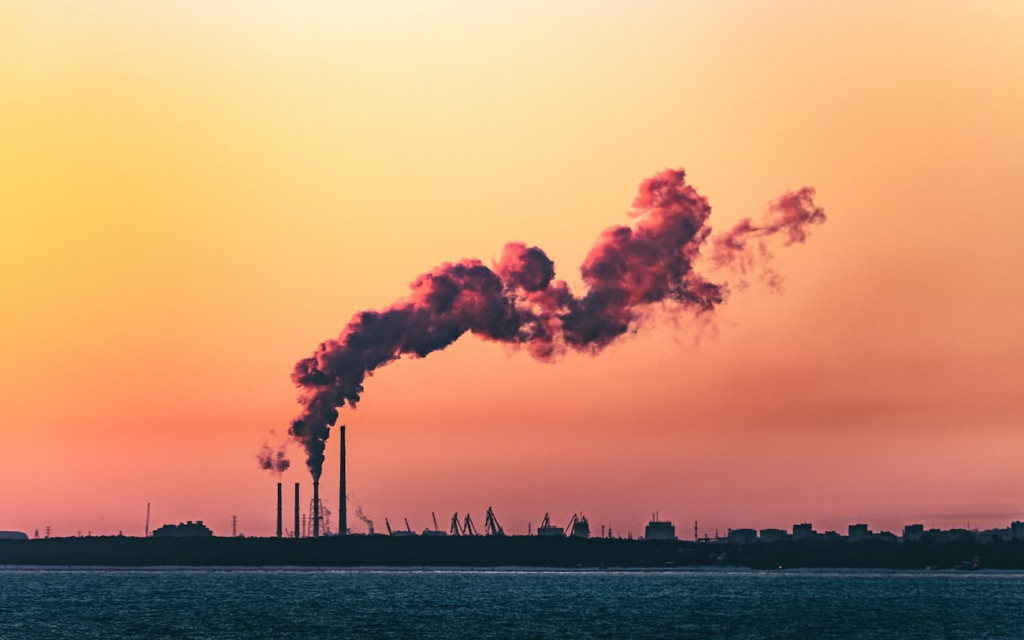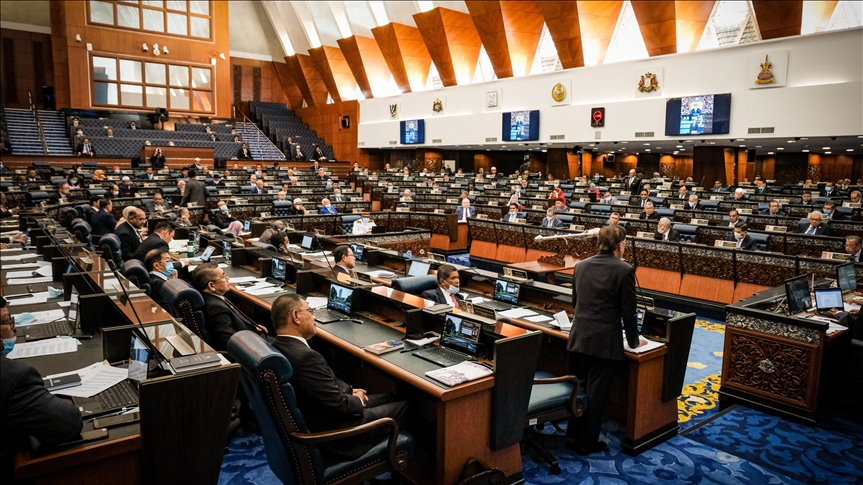In addition to seeking to attract the operations of leading multinational corporations in the sector, Malaysia also aims to strengthen its internal entrepreneurial fabric.
By Emanuele Ballestracci
Semiconductors lie at the heart of the contemporary digital economy. They are essential for powering advanced technologies such as smartphones, artificial intelligence, electric vehicles, and critical infrastructure. The global semiconductor market reached a value of $627 billion in 2024 and is expected to surpass $1 trillion by 2030, establishing itself as one of the pillars in the technological competition among global powers.
The economic and strategic importance of these components is amplified by their military implications, making them a critical point in the rivalry between the United States and China. For both governments, maintaining—or acquiring—technological supremacy is considered crucial, particularly in the long term. This awareness has triggered a major restructuring of global production chains, driven especially by U.S. policies aimed at preserving a comparative advantage. Until just a few years ago, Chinese companies were a central hub in the production process, but that position is now being challenged due to measures taken by Washington to hinder Beijing’s technological development in the sector.
In response, many companies are reorganizing their supply chains, relocating production to areas considered less vulnerable to U.S.-China tensions—such as Southeast Asia and North America—in an attempt to boost operational resilience. In this context, one of the most surprising—and previously underestimated—players is Malaysia. The country ranks sixth among global semiconductor exporters, holding 13% of the global market, though still mainly focused on assembly, testing, and packaging stages. This achievement reflects over fifty years of strategic investments and industrial planning.
Thanks to this solid manufacturing base, Malaysia has now developed a mature industrial ecosystem that is attractive for foreign investment. The government in Putrajaya is decisively pushing for the enhancement of the national tech ecosystem, especially through the creation of tech parks, special economic zones, and development corridors. However, activities remain largely concentrated in low value-added segments, limiting the country’s aspiration to play a leading role in global value chains.
The recent reshuffling of supply chains has nonetheless created an important opportunity for an upgrade. Malaysia’s strategy aims to move up the value chain and gain access to more sophisticated stages of the production cycle. Putrajaya plans to attract $118 billion in investments by 2030, focusing on well-established hubs like the state of Penang—often referred to as the “Silicon Valley of the East”—which hosts advanced plants, research centers, and innovation labs, and has already received significant investment from leading companies like Intel, Infineon, Lam Research, and Texas Instruments.
Beyond attracting multinational giants, Malaysia is also committed to strengthening its internal entrepreneurial landscape. The “National Semiconductor Strategy” launched in 2024 aims to promote the development of local capabilities, making them key players in the country’s technological industrialization. Major initiatives include a $6 billion public investment over ten years and the acquisition of the chip design blueprint from British company ARM. This latter step is particularly significant, as it allows Malaysian companies to access high-tech semiconductor design independently.
Despite these promising developments, challenges remain. Weaknesses in research and development, coupled with a shortage of qualified human capital, hinder the full realization of the strategic plan. One of the Strategy’s outlined goals is to train 60,000 engineers by 2030—10,000 of whom are expected through the ARM partnership—but inadequate university curricula and brain drain present serious obstacles. The so-called “brain drain,” driven by higher salaries and better career prospects abroad—particularly in Singapore—remains one of the most pressing issues. Moreover, Malaysia's limited technological capabilities and the intense competition from giants such as Nvidia, Qualcomm, and ARM itself make market entry under favorable conditions quite difficult.
Finally, Malaysia will need to continue carefully balancing its relationships with the United States and China to ensure the continuity of Western investments without jeopardizing its economic ties with Beijing, its main trading partner. One of Malaysia’s traditional strengths has been its ability to practice strategic ambiguity, which has thus far allowed it to avoid being caught in the superpower rivalry. However, escalating tensions between Washington and Beijing are making this balance increasingly precarious. A clear example is the recent alleged shipment of Nvidia chips from Malaysia to China. This sparked a strong reaction from the United States, which had imposed export restrictions on advanced semiconductors to China in 2022. In response, Putrajaya has intensified controls and launched investigations into some companies involved, whose names have not been disclosed.
In an increasingly unstable global context, Malaysia’s ability to consolidate its role in the semiconductor sector will thus depend on its capacity to capitalize on the opportunities created by the restructuring of global value chains, address its structural weaknesses, and maintain its “neutrality” in the context of the U.S.-China rivalry.














